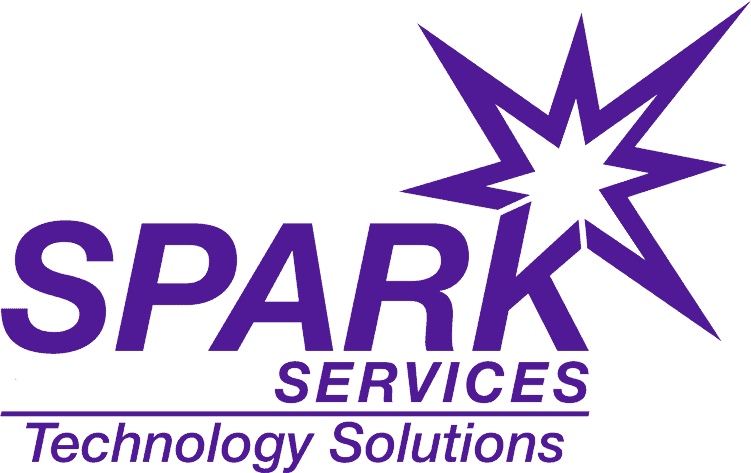As the world is now getting back to the new normal after the pandemic, the working conditions have considerably changed. Some employees are returning to their offices, and some are preparing to work from home permanently. But one module that’s preferred by most is the hybrid work module. It has proven to reduce expenditure costs too.
Such a major shift had significant effects on the communication between employees and stakeholders. These parameters come into the picture when the company chooses a business Voice-over-Internet Protocol (VoIP) for hybrid work. It is a technology that enables calling using an internet connection, which is the most useful in a distributed workplace. One problem in this is that issues can occur anytime that affect call quality. And if a problem arises, it can get out of the company’s IT team’s control.
Fortunately, VoIP technology has evolved because of the shift to cloud computing. This is the best time for businesses to reevaluate communication needs and take essential steps for the future. Here are seven ways you can future-proof your VoIP for hybrid work.
1. Better Understanding of Organization’s Communication
Take measures to study how staff from each department receives calls and which add-on tools they might need. For example, a sales representative’s calling patterns and needs will differ from the support team’s. Call forwarding, virtual receptionist, automated call response, and call transcription are some of the add-on tools your staff might need. Take out time to consider everyone’s needs and wish lists.
2. Going for the Best Consumer Products
When the world shut down during the pandemic, people turned to video conferencing services like Zoom, WebEx, Skype, FaceTime, etc., for personal and professional communication. As a result, various data providers started offering VoIP service as part of a 3-in-1 service with internet and TV offerings. However, it’s best not to compromise on products just because they provide a no-cost service. The free clients for these services may limit the usage, resulting in reduced productivity of employees. On the other hand, choosing a reliable business VoIP for hybrid work will come with additional backend benefits like auditing and call logging.
3. Recognizing Your Challenges
Like other browsing activities, VoIP calls are vulnerable to poor network conditions. Others streaming videos or downloading files on the same network can deteriorate the quality of a VoIP call. Hence, maintaining the quality of a call can be a challenge. Plus, it’s best not to assume that the network conditions of an employee are used only by them. To increase and maintain consistency, a business can subsidize each employee’s home broadband at an approved service level.
4. Taking Security Seriously
Anything crossing the public internet can be susceptible to potential risks. Just like websites use encrypted protocols, it’s better to look for VoIP systems that employ automatic end-to-end encryption. Attackers might be able to disrupt calls, but the encryption ensures that they won’t be able to listen to them. You may also get a VPN for VoIP calls to get additional security. However, not all VPNs are VoIP-aware, so some changes might be needed to achieve optimum call quality.
5. Considering Both On-Premises and Cloud Options
Initially, VoIP systems were built after traditional PBX systems, which ran in the business’ data center and were managed by the IT staff. Though it has an upfront higher cost, it gives the company complete control over it, and the upgrades are based on the needs of that business. However, this model can’t be of much use if all employees are working remotely. VoIP providers manage systems on the cloud, which offers benefits like call quality, reliability, regular updates, lower per-call costs, etc.
6. Availing Benefits with Softphone Apps
Several employees lose the advantages of a VoIP system when they use stock mobile devices for call logging and transfers. The initial generation of softphone apps used your computer’s hardware to mirror a desktop VoIP phone’s functions. Fortunately, VoIP for hybrid work now offers an app for Android and iOS devices. Consider the features and segments of your workplace while you’re researching.
7. Considering all Communication Channels
Business needs can be more than just traditional VoIP, as employees may need video conferencing, text messaging, or social media. It has given rise to the UCaaS (Unified Communications as a Service) platform. It integrates VoIP functionality with other softwares that can help power your business better.
Managing a hybrid workplace is possible with the right VoIP provider. SPARK Services is a certified 3CX partner offering reliable services at affordable rates. We can help you save almost 50% of your phone bills and grow your business. Contact our team today!




